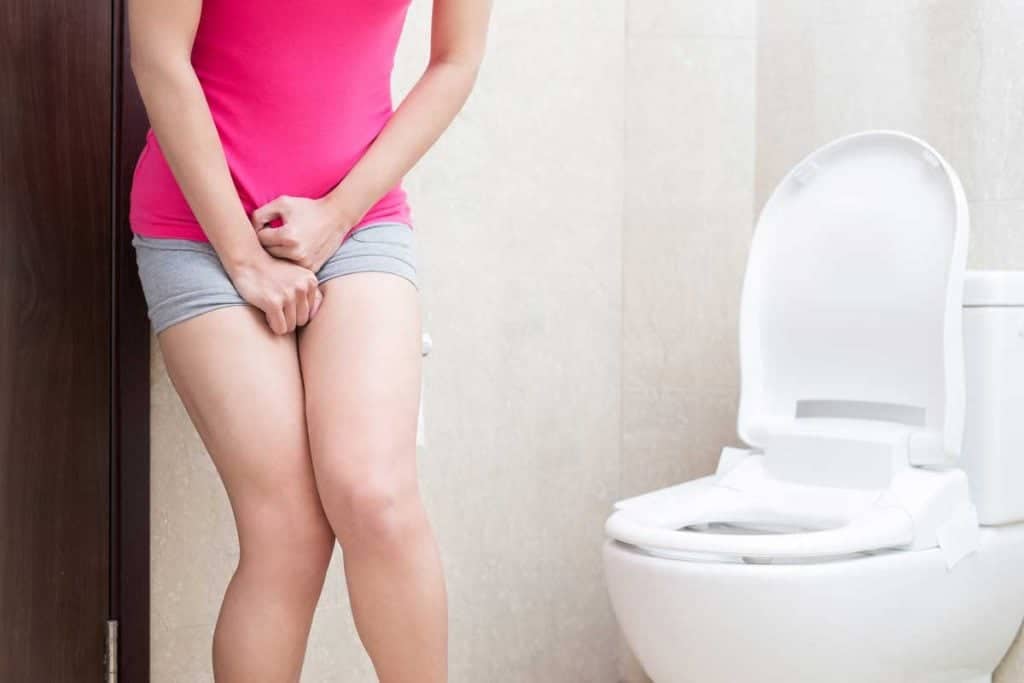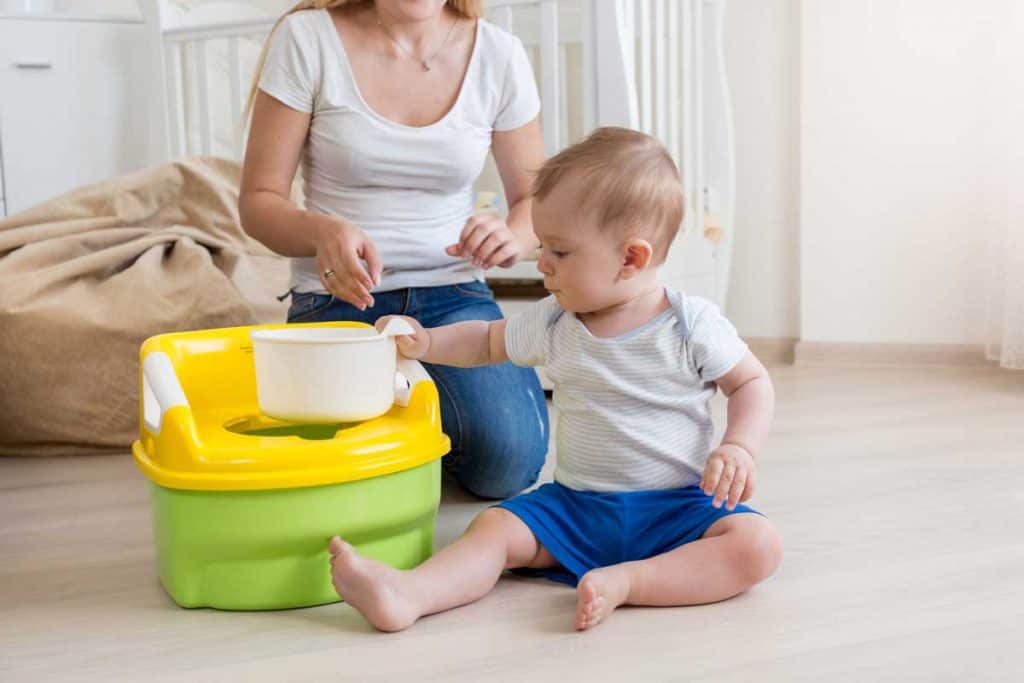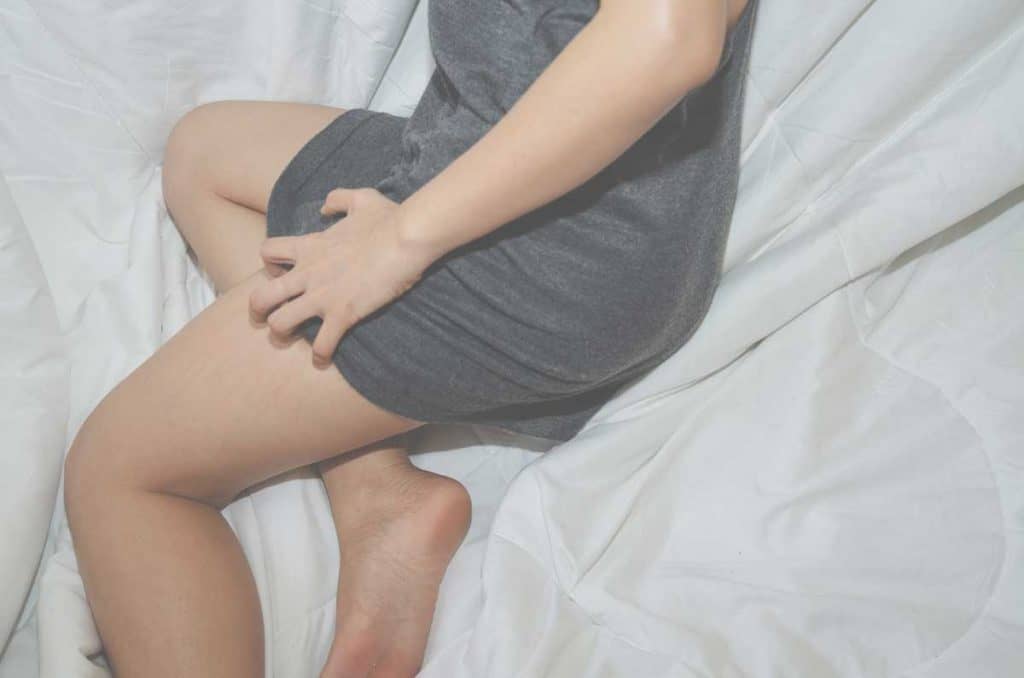
Nocturia and bedwetting are two common urination problems that disrupt sleep at night. A lot of people often interchange the terms, but, the two are highly different. Nocturia is a condition where individuals need to get up and relieve themselves frequently at night. Bedwetting, or nocturnal enuresis, is involuntary urination resulting in a wet bed at night.
Bedwetting
Bedwetting or nocturnal enuresis is different between adults and children. According to the Continence Foundation of Australia, this condition is more common among kids age 7 and below with roughly affecting 1 in 5 children in Australia. Meanwhile, approximately two out of 100 teens and young adults suffer from bedwetting.
Causes of bedwetting in children
Children who wet their beds often feel embarrassed which can lead to self-doubt and low self-esteem. What’s more, sleep disruption is another concern you have to worry about your child. Kids are often night-dry by the age of 3 – but, accidents can also occur up to grade school.
- Bladder is overactive or it can store limited capacity
- Genetic condition
- Child is a deep sleeper and has difficulty in fully “awaken” the bladder
- Kidneys continue to produce urine at night
- Anxiety and stress
- Constipation

Tips to treat bedwetting in children
Bedwetting in children sometimes stops on its own but complications may arise if the condition doesn’t stop or worsen when he or she turned 7 or 8 years old. Treatment can be done by a doctor to find the cause of the condition.
- Encourage your child and be patient. Talk to your child on how normal bedwetting can happen and what to do to prevent it at night. Try making a chart on his or her progress. Be patient if it doesn’t go according to plan. And more importantly, celebrate his or her little success in keeping their bed dry.
- Plan his or her drinks during the day. Let your child drink fluids throughout the day and night. But let the drinking time spread evenly. You should not restrict drinking even at night.
- Talk to your doctor about medications. Your doctor can advise your child what medications to take to ease the bladder or kidney at night.
- Invest in bedwetting alarms. Bedwetting alarms work when the pads felt a leak happening and alarm the child to wake up and go to the bathroom.
Children often stop bedwetting on their own. Beyond the age of 8 is something to worry about and may need special attention to it. Seek help from a doctor before treating the problems yourself.
Causes of bedwetting in adults
Bedwetting is often seen as a child’s problem, but it can occur in adults too. Our bodies change as we grow older and our organs’ functions tend to be different than before. There is a myriad of factors why nocturnal enuresis is affecting adults across Australia.
- Overactive bladder. The most common cause of bedwetting in adults is overacting of the detrusor muscles in the bladder. It consists of up to 80 percent of bedwetting Australian adults.
- Hormone imbalance. The antidiuretic hormone (ADH) is responsible for signaling the kidney to decrease or maintain the regularity of urine produced. Having too little of this hormone results in nocturnal enuresis.
- Nocturnal polyuria. This condition happens when there’s excessive production of urine during sleep due to underlying illnesses like Type I Diabetes.
- Functional bladder is small. Sometimes, there are people whereas their functional bladder – the one holding the urine – can only support the limited volume of urine.
- Genetics. Adult bed wetting is also hereditary in nature, especially when two parents have a history of being themselves also.
Other causes:
- Urinary tract infection
- Diabetes
- Bladder cancer
- Prostate cancer
- Obstructive sleep apnea
- Medications
Treatment options for bedwetting in adults
Nocturnal enuresis is often a symptom of an underlying disease among adults. Seek medical advice from a doctor in treating these individual diseases. Successful treatment of your condition will reduce your bedwetting.
- Use of pads and absorbent briefs
- Surgical treatment such as cystoplasty and myectomy
- Monitoring of drinks or fluids throughout the day
- Using bedwetting alarms
- Medication

Nocturia
Nocturia is common among older people – affecting about 1 in 3 adults over the age of 60. However, people as young as 30 years old can be diagnosed with nocturia. Nocturia is caused by a lot of factors. However, it can also be a symptom of a much bigger disease.
Symptoms of Nocturia
Nocturia is a sleep loss problem occurring among older adults. Waking up once or twice might be considered normal, but more than that is associated with nocturia. It’s a lot common as we age, as our bodies produce less ADH and our organs hinder their everyday functions better.
Conditions of frequent nighttime urination occur nightly. Their symptoms include:
- More than two visits to the bathroom
- Excessive urination
- Feeling the need to urinate despite having reduced urine or none at all
Causes of nocturia
- Drinking too many fluids
- Low production of ADH
- Aging
- Bladder losing holding capacity
- Pregnancy
Treatment for nocturia
Consult your doctor and have a diagnosis of your condition. More so, it’s a cause of certain conditions such as diabetes, cancer, neurological conditions, sleep apnea, and more. Your doctor might prescribe medications to reduce your excessive urination. However, he or she may further prescribe treatments against the disease causing your nocturia.



